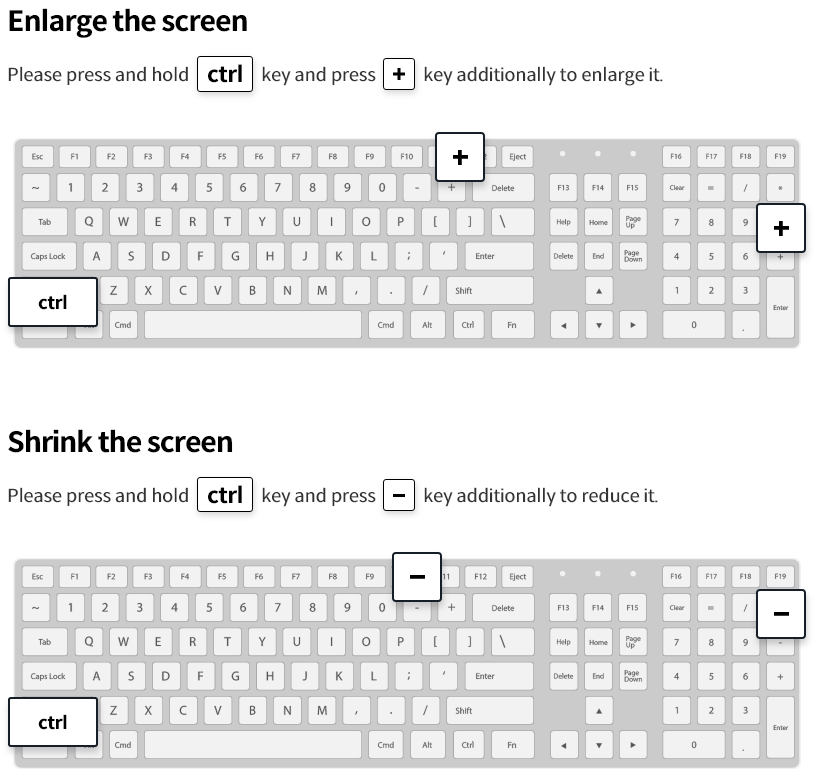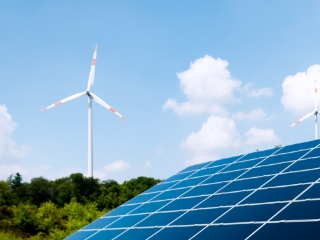The Export-Import Bank of Korea (www.koreaexim.go.kr, Chairman Yong Hwan Kim, “Korea Eximbank”) announced on December 28 that it is providing USD 427 million (USD 320 million in loan, USD 107 million in guarantee) in project financing* for Jordan’s IPP3 Heavy Oil Power Plant Project.
* While traditional corporate loans are secured by the creditworthiness of the project sponsor, project finance loans are secured by project assets only and repaid mostly from cash flows generated by the project (sponsors are thus shielded from the risk of project failure).
The project involves the construction of a 573 MW heavy oil power plant 30km east of Amman, the capital of Jordan, by a consortium consisting of Korea Electric Power Corporation (KEPCO), Japan’s largest general trading corporation Mitsubishi, and Finland’s manufacturer of internal combustion engines for power plants and ships Wärtsilä.
The total cost of the project is estimated to be in the region of USD 812 million. Korean companies will play a leading role in every aspect of the project, from business development and equity investment (Korea Electric Power Corporation) to construction (Lotte Engineering & Construction) and operation and maintenance (Korea Electric Power KPS).
Accordingly, the project is expected to add substantial value to the Korean economy, in terms of job creation as well as foreign exchange earnings in the form of dividend income, equipment exports, and operation and maintenance fees which would add up to USD 460 million.
The Jordanian Government is giving this project top priority as a means to solve the country’s chronic power shortage, to the extent of passing a cabinet resolution in September endorsing it.
Korea Eximbank’s active financial arrangement and financing effort was a significant factor in the awarding of the contract to the KEPCO consortium.
The bank is reputed to have set the standard for ‘financing-first, contract-later’ deals in the overseas industrial plant market by expressing early on its willingness to finance the project during the bidding stage.
Korea Eximbank also managed to diversify the funding sources of the project by persuading Nippon Export and Investment Insurance (NEXI) to participate as a lender, tapping into Japan’s foreign currency liquidity in the midst of a liquidity crisis afflicting the international financial market.
A Korea Eximbank official noted, “This project is an example of how Korea and Japan can cooperate successfully in both the ‘finance’ and ‘business’ aspects of a project, with Korean and Japanese ECAs (Export Credit Agencies) jointly providing the financing and Korean and Japanese companies joining hands to form a consortium. This will open up greater opportunities for Korean and Japanese firms to jointly participate in large-scale projects and to benefit from Japan’s strong funding capacity.”


